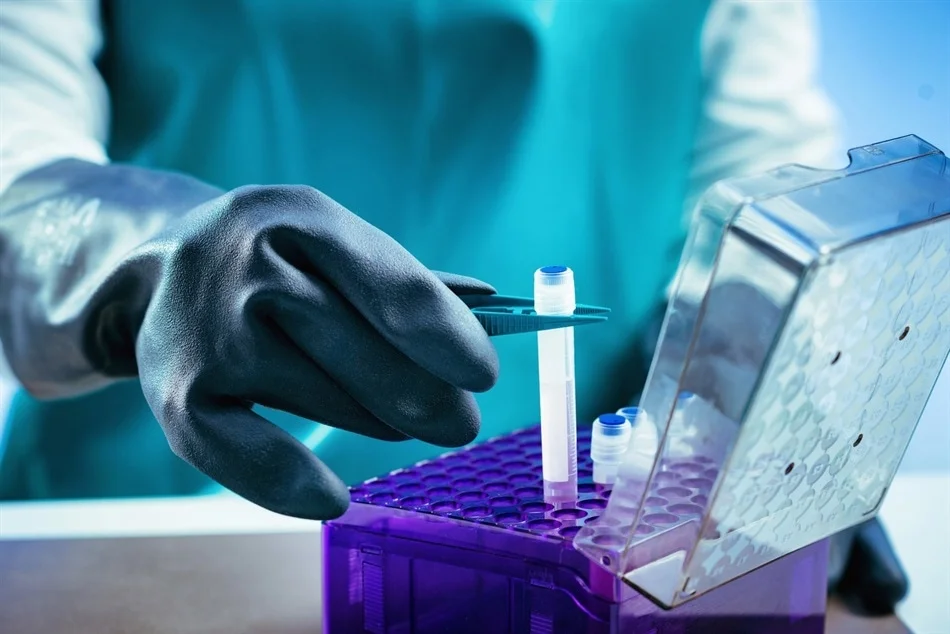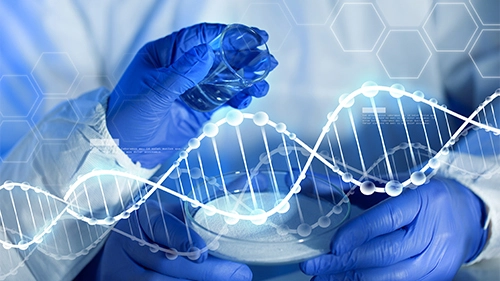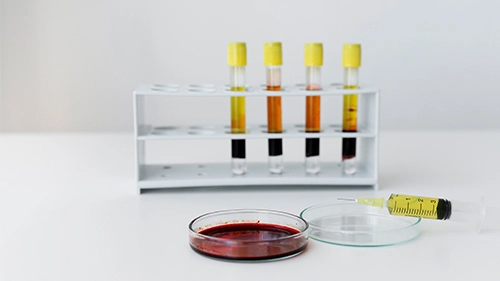Biobanking in Europe
- Home
- Biofluids
- Buffy Coat
Biobanking in Europe
Biobanking in Europe Shaping the Future of Precision Medicine Through Innovative Data Sharing
iBioSpecimen is a leading biobank in Europe, playing a vital role in advancing precision medicine through its innovative data-sharing practices. With a vast collection of high-quality biospecimens, iBioSpecimen supports cutting-edge research by connecting scientists, clinicians, and healthcare institutions. Its robust data management system ensures secure, efficient sharing of genetic, clinical, and phenotypic data, driving breakthroughs in personalized treatments and disease prevention across Europe.

A Diverse Inventory of Biobanking in Europe
Revolutionizing Healthcare How Biobanking in Europe is Pioneering the Future of Personalized Medicine
How Can ibiospecimen Inventory of Samples Help Advance Research Projects?

High concentration of genomic DNA

High concentration of leukocytes

Decreased sample variability
Streamline The Procurement Of iBioSpecimen Samples Today
Related Products & Services
FAQ'S
A biobank is a facility that collects, stores, and manages biological samples, such as blood, tissue, and DNA, for use in research. Biobanks also store associated data like medical history, lifestyle information, and genetic data, which researchers use to study diseases, develop treatments, and advance medical knowledge.
Biobanking is crucial for medical research because it provides researchers with access to high-quality biological samples and data. This can lead to better understanding of diseases, identification of new biomarkers, and development of personalized medicine approaches. Biobanks also support public health research, drug development, and epidemiological studies.
Biobanking in Europe is regulated by a combination of EU-wide regulations and national laws. The General Data Protection Regulation (GDPR) governs the handling of personal data, including genetic and health information. Additionally, there are specific guidelines from organizations like the European Society for Biopreservation and Biobanking (ESBB) and national ethical boards.
Biobanks store a wide variety of biological samples, including blood, plasma, serum, urine, tissues, saliva, and DNA. Some biobanks also store microbiome samples and embryonic or fetal tissue. These samples are collected from both healthy individuals and patients with various diseases.
Access to biobank samples and data is generally restricted to researchers who have undergone a rigorous application and review process. Access policies vary by biobank but usually require ethical approval, compliance with data protection laws, and a clear scientific purpose for the requested samples.
Informed consent in biobanking means that donors provide permission for their biological samples and data to be used for research purposes. This consent must be voluntary, informed, and documented. It should also include information about the types of research the samples may be used for, any associated risks, and donors’ rights to withdraw consent.
Biobanks implement multiple measures to protect donor privacy, including anonymization or pseudonymization of samples and data, strict access controls, and adherence to data protection laws like the GDPR. Researchers using biobank samples typically only access de-identified data to prevent the identification of individual donors.
Biobanks play a vital role in personalized medicine by providing researchers with samples and data needed to study genetic and molecular differences between individuals. This research helps develop tailored treatments and diagnostics based on a person’s unique genetic makeup, improving the effectiveness and safety of therapies.
